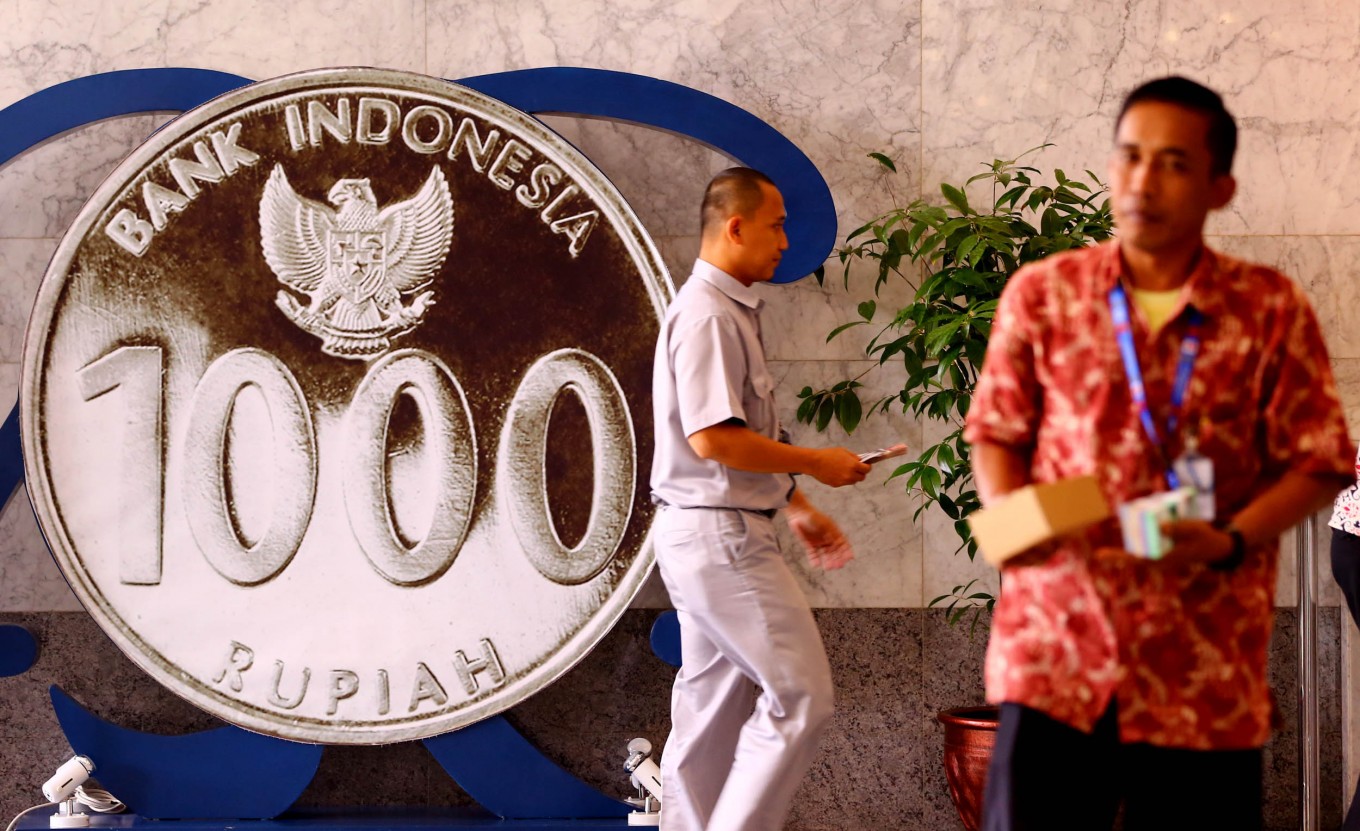Popular Reads
Top Results
Can't find what you're looking for?
View all search resultsPopular Reads
Top Results
Can't find what you're looking for?
View all search resultsBI warns Bali retailers over “candy currency”
Change text size
Gift Premium Articles
to Anyone
B
ank Indonesia (BI) has warned modern retailers in Bali over the use of candies as small change, saying it was an illegal practice to use other means of exchange aside from rupiah issued by the central bank.
BI would soon conduct a survey and tests on the use of candies instead of cash at Bali retailers and groceries, said BI’s Bali chief Dewi Setyowati. She estimated that candy was widely used to replace small change, such as Rp 100, Rp 200 and Rp 500 coins.
"We will send them a letter, because the practice is illegal and forbidden. It creates disadvantages for the public, too," she said in Denpasar on Monday, as quoted by the Antara news agency.
The "Candy currency" has been widely used in Indonesia for a decade. It is said to disadvantage consumers as they receive unneeded things instead of small change, which they could use toward the purchase of something else.
The low nominal value of the rupiah creates difficulties for cashing out small change. In the currency with an exchange value of 13,200 per US dollar, the smallest coin of Rp 100 is frequently used in daily transactions.
BI recorded that coin demand in Bali in the last three years was very high. Last year, there were 97.2 million coins worth Rp 41.8 billion in Bali, up 30 percent from the 2014 value of Rp 32.1 billion.
Dewi predicted the low usage of coins as small change among modern retailers and groceries had led to the small inflow of coins to the central bank. At the same time, coin transactions and deposits at banks were quite low.
According to the latest BI survey, only 38 percent of the people in Indonesia used coins for payments, while the remaining 62 percent chose to collect them in a safe deposit boxes or piggy banks. (ags)










